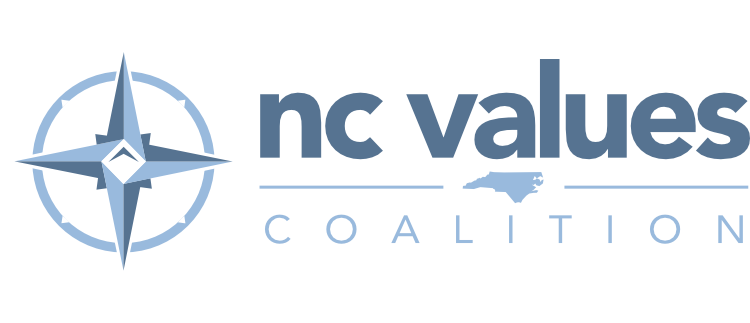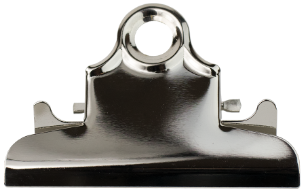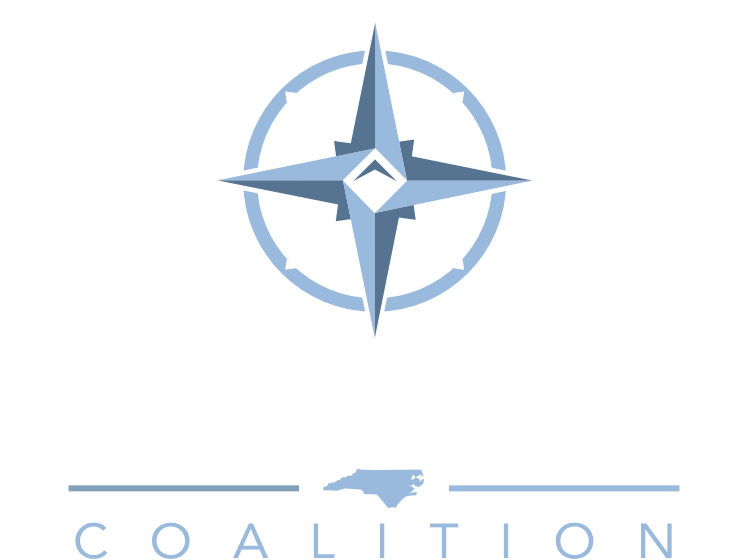In February, the Institute for Faith and Family (IFFNC.com) filed an amicus curiae brief asking the U.S. Supreme Court to allow a case to be heard and to rule on the merits of an issue that strikes at the heart of the First Amendment and political speech.
In Greenberg v. Lehocky, Mr. Greenberg, a public interest attorney, challenged the constitutionality of an ethics rule (Rule 4.8(g)) adopted by the Pennsylvania Bar. That rule “prohibits discrimination on the basis of race, sex, religion, national origin, ethnicity, disability, age, sexual orientation, gender identity, marital status or socioeconomic status in conduct related to the practice of law.” An attorney’s failure to abide by ethics rules could result in suspension or permanent revocation of an attorney’s law license. The 3rd Circuit failed to affirm the lower court’s decision in Mr. Greenberg’s favor. Rather, the court decided that, after reviewing a presentation Mr. Greenberg intended to give, his presentation had not violated the rule. Therefore, Mr. Greenberg was not injured and could not challenge the rule’s constitutionality.
While seemingly innocuous, the language of Rule 4.8(g) has alarmed attorneys in Pennsylvania and elsewhere. Left undefined, it is not outside the scope of probability that “harassment” could include speech with which a person disagrees. Ultimately, under the rule, the Pennsylvania Bar officials would make the decision.
The North Carolina State Bar considered adopting Rule 8.4(g) a few years ago, but a deluge of protests from licensed attorneys in North Carolina stopped its adoption. The Rule would have a particularly negative effect on the NC Values Coalition and the Institute for Faith and Family, because it would suppress our speech in press interviews, rallies, and grassroots events and keep us from advancing legislation on the three key issues on which we work, especially LGBT issues that we fight.
In its brief, the Institute for Faith and Family argued that this rule could strike at the heart of the First Amendment’s protection of speech. It could be used to suppress unpopular beliefs and ideas and devolve into thought control by the Bar officials for every attorney licensed in the State of Pennsylvania. Furthermore, it could have a profound impact on public policy organizations with attorneys who participate in the political process. As stated in the brief, the rule “denies justice to the very persons entrusted to uphold it.” The brief urges the court to allow the review to proceed allowing the court to rule on the constitutionality of the rule.










